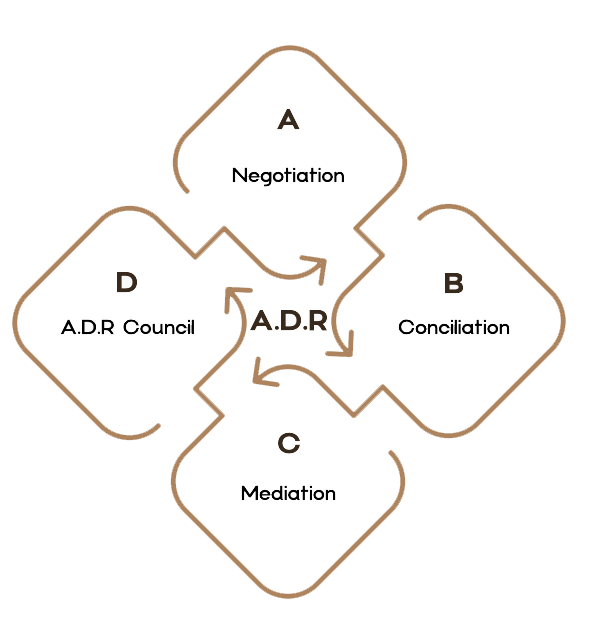3C’s Management
Contract Management
A contract is a legally binding document that defines and governs the rights and duties of two or more parties to an agreement. Our team of experienced Engineers and legal professionals specializes in drafting, reviewing, and negotiating contracts of varying complexity. We ensure that every contract aligns with our client’s objectives while mitigating potential risks. Our experts conduct thorough audits to assess contract adherence and identify potential areas of non-compliance. Through comprehensive reviews and analysis, we help clients minimize legal exposure, prevent disputes, and uphold contractual obligations effectively
One of the contracts we served
The FIDIC Form of Contracts, which is perhaps the most widely used in international practice for all types of construction contracts, whether civil or infrastructure works, provides a specific framework and
specific connections between the reality of the site and the legal framework in which the works will take place.
Claims Management
VIG manages construction Claims through the Process of monitoring, progress reports, and communication with stakeholders. Evaluate the validity and potential value of the claim, considering contract terms, project records, and legal precedents. When disputes do arise, a construction claims consultant can help negotiate settlements and resolve issues quickly and efficiently, minimizing the impact on the project.
Types of construction claims are:
- 1. Delay Claims
- 2. Cost Overrun Claims
- 3. Design Deficiency Claims
- 4. Changes in Scope Claims
- 5. Payment Disputes
- 6. Quality of Work Claims
- 7. Warranty Claims
- 8. Termination Claims
- 9. Liquidated Damages Claims
- 10. Performance Bond Claims

Benefits:
1- Mitigating Legal and Reputational Risks: Efficient claims management helps mitigate legal and reputational risks associated with construction projects. By promptly addressing and resolving claims, we can prevent prolonged legal battles and protect our reputation
2- Minimizing Financial Loss
3- Streamlining the Claims Process
4- Focus on Core Operations
5- Reduces Project Delays
6- Avoids Costly Litigation
Conflicts Management
Disputes Resolution
The term ‘Alternative Dispute Resolution’ (ADR) covers several different methods of managing a dispute. Many ADR methods involve a neutral third party to help those in conflict reach a settlement they can agree to.
Some ADR methods give the third party the power to make a binding decision on the issues. Methods include:
• Negotiation
• Mediation
• Conciliation
• A.D.R Council
Advantages of ADR
In general, ADR processes are more cooperative and less competitive than court-based litigation and do not need to involve lawyers.
ADR methods are designed to generate less escalation and ill-will between disputing parties, and a well-run ADR process can even improve, rather than worsen, the relationship between them.

